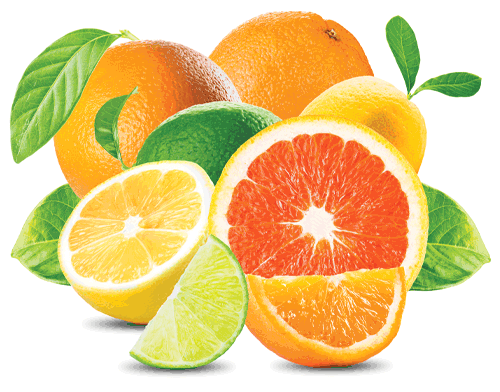By Jenni Jacobsen
You may think that expensive skincare regimens are necessary to achieve that youthful glow, so you will probably be surprised to learn that the foods you put into your body actually determine how your skin looks. Eating the right foods can help maintain healthy skin. In fact, the research shows that certain dietary strategies may be just as effective as those costly serums and creams.
Limiting Sugar
You know that excess sugar isn’t good for your overall health and it probably isn’t doing your skin any favors either. A 2016 study in the journal, “Biomedical Optics Express,” found that when mice ate a high-sugar diet, they didn’t gain weight, but their collagen was damaged. The researchers leading the study concluded that consuming too much sugar harms the skin by damaging the connective tissue and fat that lies just beneath your skin.
Scientists writing for a 2011 publication of “Anti-Aging Medicine” explained that sugar creates advanced glycation end products (AGEs) which cause inflammation in the skin. Reducing your intake of added sugars can protect the skin’s tissues and keep skin looking healthy.
Drink More Water
Beyond limiting added sugars, consuming an adequate amount of water can improve skin health, especially if you experience dry skin. A 2015 study in “Clinical, Cosmetic and Investigational Dermatology” assessed water intake among a group of participants and divided them into two: one group with lower water intake and a second group with a higher intake.
Both groups were then asked to supplement their usual water consumption. Study results showed that while both experienced improved skin hydration, this effect was greater in the group whose water intake was initially low. If you haven’t been drinking enough water, upping your consumption can relieve skin dryness and leave skin looking more attractive. The authors of the study concluded that sufficient water consumption is equivalent to applying moisturizer to the skin.
Eat Whole Foods
Consuming enough of the right nutrients, such as certain vitamins and minerals, is also essential for healthier skin. A 2009 report in “Nutritional Cosmetics” explains that vitamin E has antioxidant effects and can protect the skin from sunlight and signs of aging. The research shows that vitamin E may be especially beneficial when paired with vitamin C, which shows strong benefits, including preventing damage from the sun and free radicals.
Some people may opt to take vitamin supplements to achieve an adequate intake of vitamins C and E, but it is possible to promote skin health by getting these vitamins in the form of whole foods. Citrus fruits and berries and avocados are packed with these vitamins.
Drink Herbal Tea
Drinking certain types of tea may promote youthful skin. A 2012 study in “Anti-Aging Medicine” tested the effects of herbal teas on the formation of advanced glycation end products. Results showed that herbal teas reduced the buildup of AGEs and improved the skin’s elasticity. The herbal teas used in the study contained ingredients such as bamboo, persimmon leaf and Chinese blackberry, which may be useful for preventing skin aging.
Using nutritional strategies such as drinking tea, getting enough vitamins C and E, consuming plenty of water and avoiding excess sugar can promote skin health and help to maintain a youthful, wrinkle-free appearance. Adopting these healthy strategies may reduce the need for expensive cosmetics, helping you to save money in the process.

Herbal teas reduce the buildup of AGEs and improve the skin’s elasticity.



